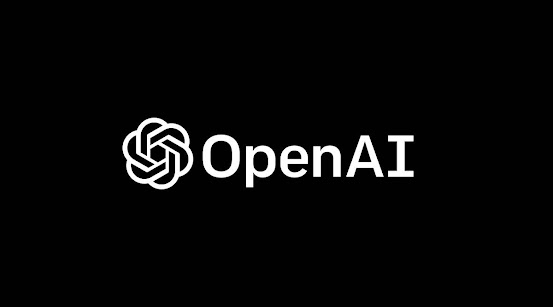The Impact of AI, Machine Learning, and Data Science in the Financial Services Industry
The integration of AI, machine learning, and data science in technology automation has resulted in the emergence of advanced, efficient, and secure systems in the financial services industry. These technologies have improved operational capabilities across industries, promoting a phase of superior functioning backed by the growing availability of quality information and data.
Impact on the Finance Industry:
The finance industry has witnessed the emergence of several startups leveraging AI and data science to predict cash flow events, assess creditworthiness, and detect fraud. These startups are making better data-driven decisions, increasing profits directly by efficient targeting, automating repetitive tasks, and much more to unlock competitive advantages.
Applications in Credit Scoring:
AI and machine learning are used to accurately assess potential borrowers through advanced classification algorithms with diverse explanatory variables. This provides institutions the added advantage of unbiased decision-making, while also enabling borrowers without an extensive credit history to access capital and prove their ability to repay loans.
Algorithmic Trading:
AI techniques such as evolutionary computing, deep learning, and probabilistic logic are helping traders systematically implement and strategize upcoming trades, increasing predictive capacities exponentially. AI-systems are also helping traders track risk exposures, adjust or exit the position depending on the user’s needs in a fully automated manner, eliminating the need for any human intervention.
Frauds Detection:
AI-based solutions can evolve over time and adapt to new patterns found in data pertaining to transactions, such as past behavior, location, spending patterns, and much more. This allows for a more secure and protected system that can be used to identify anomalies and trigger warnings.
Improved Banking Experiences:
Banking institutions are harnessing the power of AI and advanced natural language processing (NLP) techniques to understand the needs of customers. Additionally, they are also leveraging vast amounts of data to analyze consumer spending behavior, while providing tailored financial advice to help them achieve their financial goals.
Process Automation:
Simplification of extracting information from documents, digitizing them, and processing forms are just a few examples of what AI-based systems are capable of providing, while optical character recognition can significantly increase efficacy of time-consuming processes. The benefits of using AI-systems can greatly enhance regulatory, supervisory, and oversight capabilities for financial institutions.
Conclusion:
AI, machine learning, and data science are providing the financial industry a newfound robustness and resilience, helping them reduce the cost of credit underwriting, adding an extra layer of complexity to algorithmic trading, and providing secure, efficient, and transparent ways of functioning. The integration of such innovative technologies is advancing the potential for financial inclusion, bringing forth several opportunities for people to gain financial independence, while improving the quality of products and services available.



Comments
Post a Comment